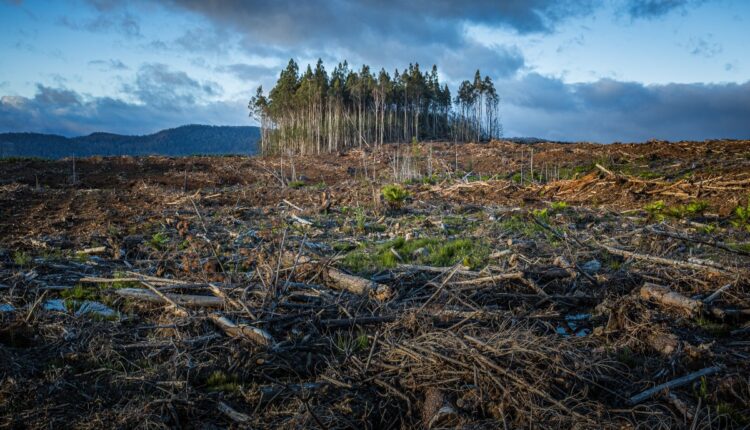Latin America joins the fight against climate change
After the IPPC conference, several Latin American countries will promote measures to combat this phenomenon
This week, the fifth Regional Conference of the Intergovernmental Panel on Climate Change (IPCC) in Latin America was held, where representatives of several countries met with the objective of promoting climate action and mitigating the effects of climate change in vulnerable regions.
IPCC experts have pointed out that large areas of Latin America and the Caribbean are highly exposed to the impacts of climate change, a situation that is aggravated by inequality, poverty, disorderly population growth and high population density.
“As regions, we suffer from high levels of poverty and lack institutional structures, which makes us especially vulnerable to climate change,” said Paola Arias, a researcher at the IPCC.
The effects of climate change vary in each country in the region. “We are witnessing an increase in extreme precipitation in nations such as Paraguay and Argentina; other areas are becoming drier, such as certain regions of Chile and Brazil; the sea level is rising in coastal areas, and it is estimated that the glaciers of Colombia will disappear in the coming decades,” explained the expert.
Latin America is severely affected by climate change
Susana Muhamad, Minister of Environment and Sustainable Development of Colombia, highlighted that Latin America is considered one of the regions with the greatest human vulnerability in the world, which results in more serious consequences of climate change compared to other parts of the planet.
Ella Muhamad advocated for the implementation of a climate monitoring project for Latin America, as governments have so far failed to carry out proper monitoring, which has led to a lack of data and scientific publications on the risks of climate change.
The Minister emphasized the need to make a significant investment to address prevention, responding to scientific warnings, and also highlighted the importance of strengthening institutions to be able to negotiate internationally with other countries.
Along the same lines, Thelma Krug, Vice President of the IPCC, urged governments to compile reports to systematically assess the situation in Central and South America, in order to better understand what is happening in a region that is lagging behind in terms of data monitoring in comparison with Africa or Asia.
However, Muhamad clarified that Latin America is not one of the main emitters of greenhouse gases and that its role should focus on vigorously demanding that the most industrialized countries reduce their emissions.
Over the next few days, presentations and roundtables will be held between expert organizations with the aim of developing measures to combat climate change in these regions.
K. Tovar
Source: El Carabobeño
(Reference image source: Matt Palmer, Unsplash)
Visit our news channel on Google News and follow us to get accurate, interesting information and stay up to date with everything. You can also see our daily content on Twitter and Instagram


